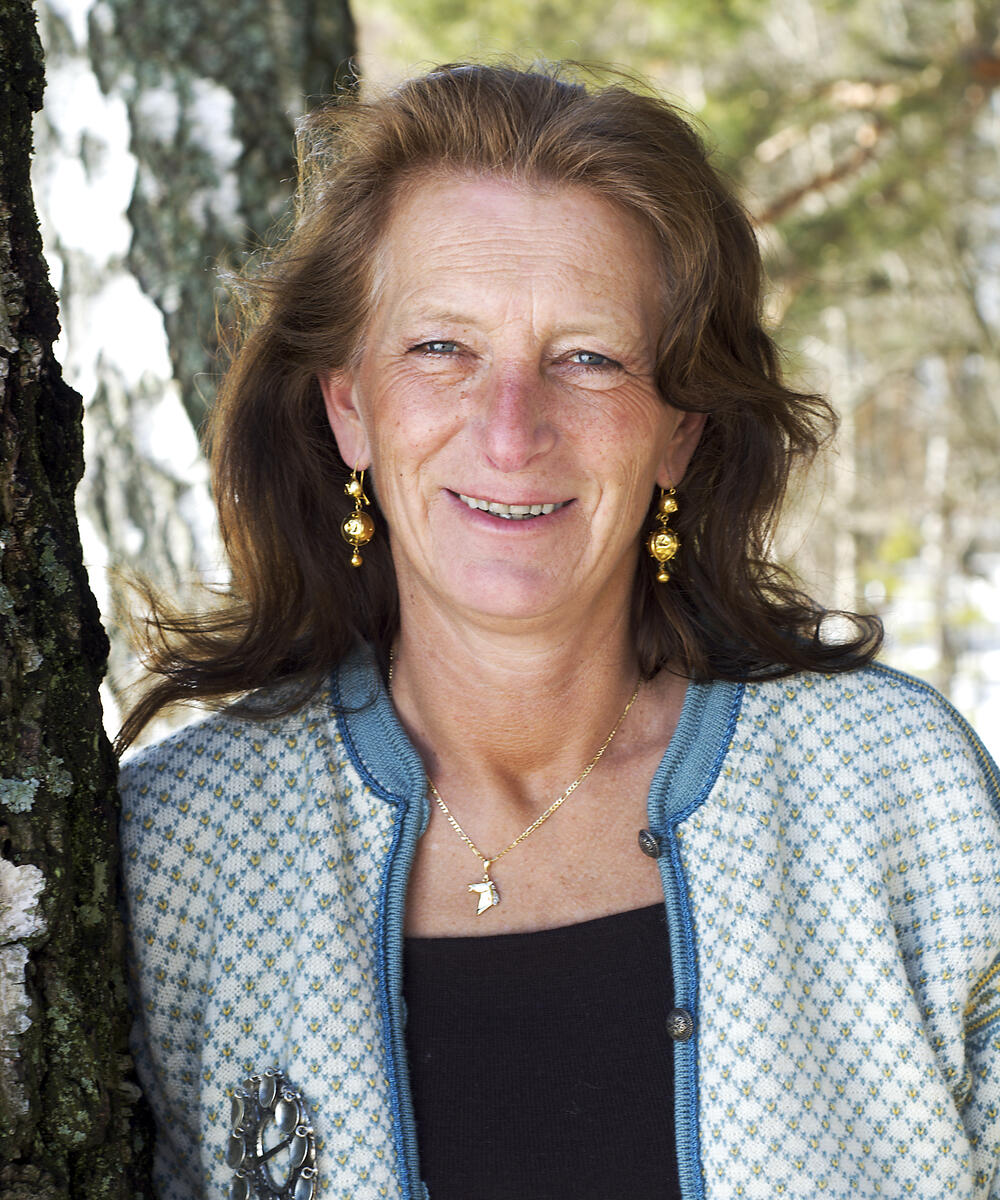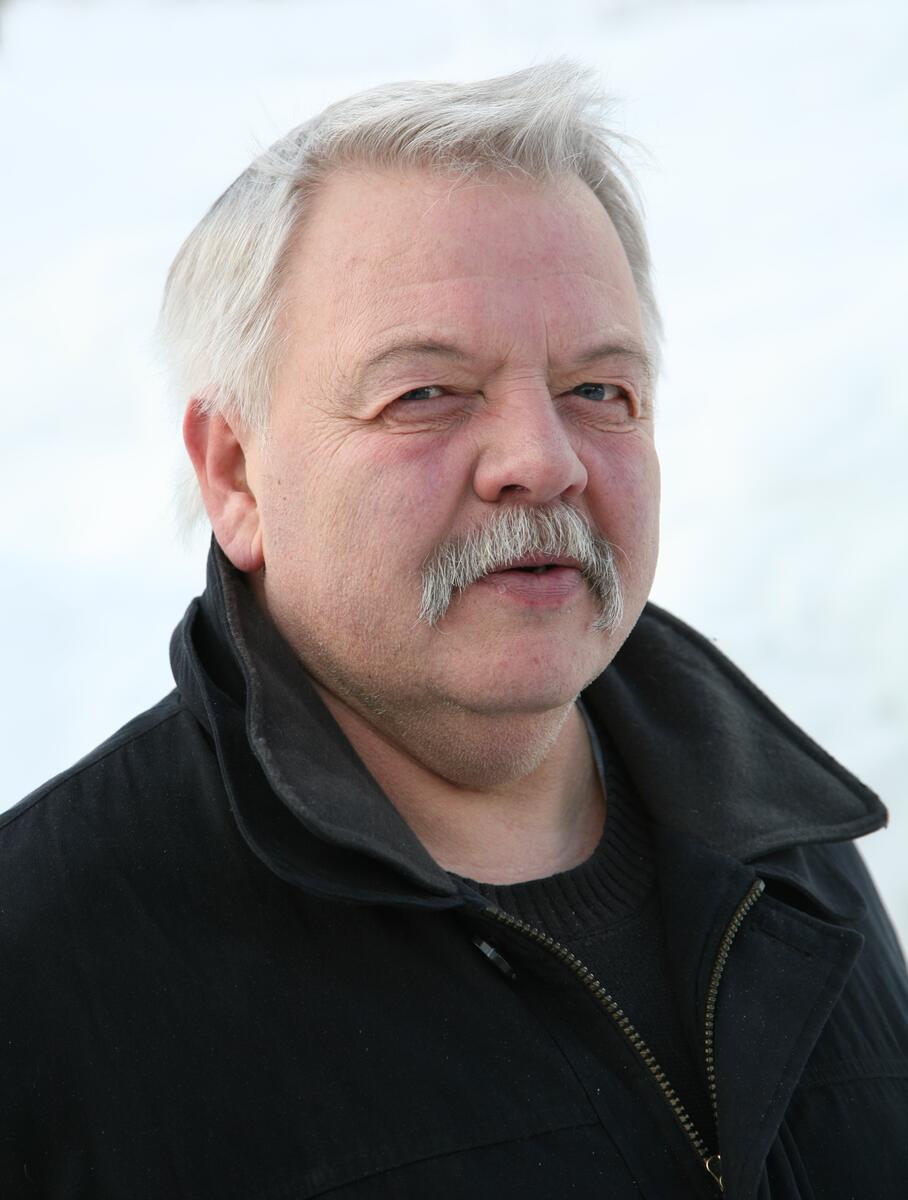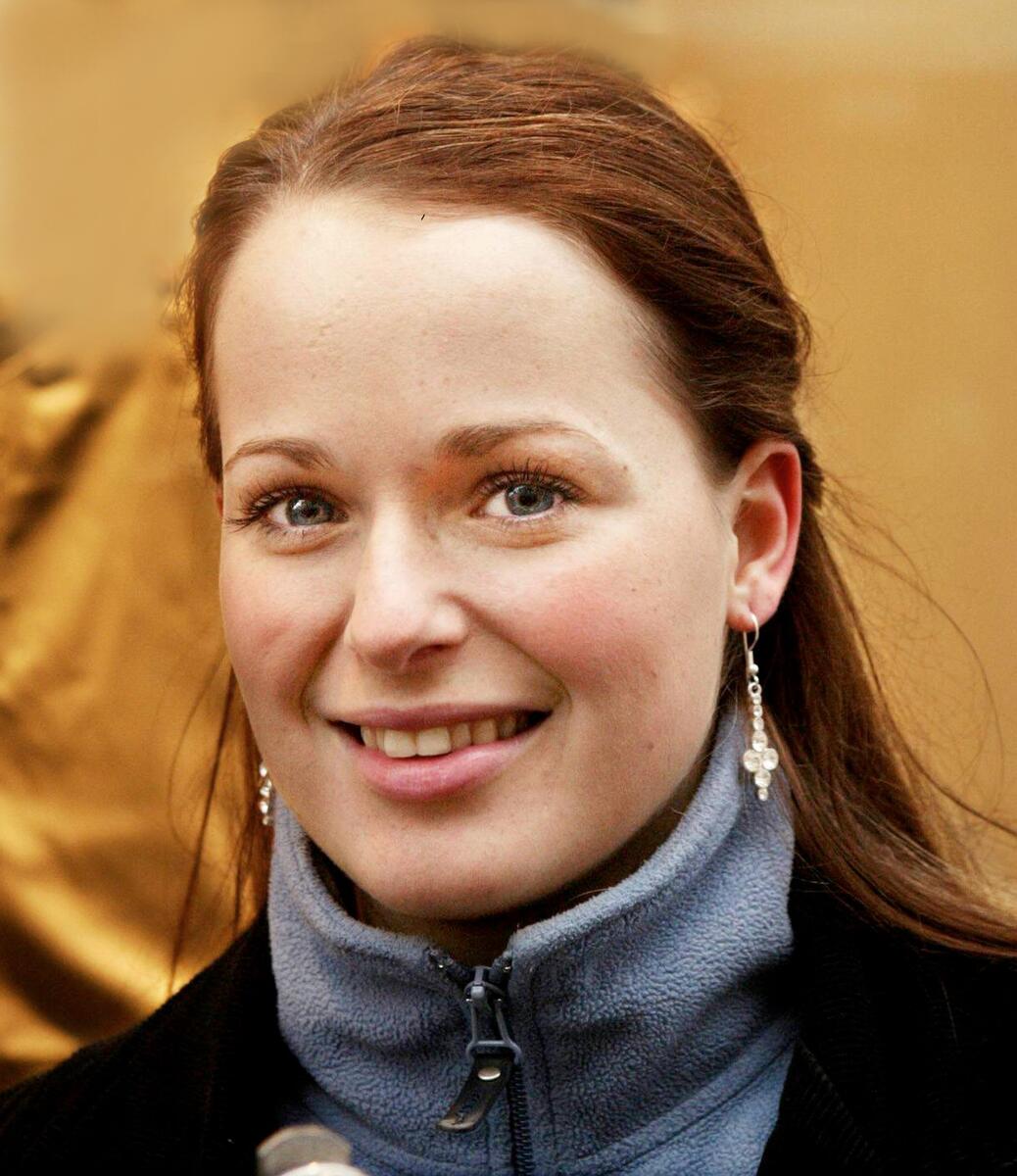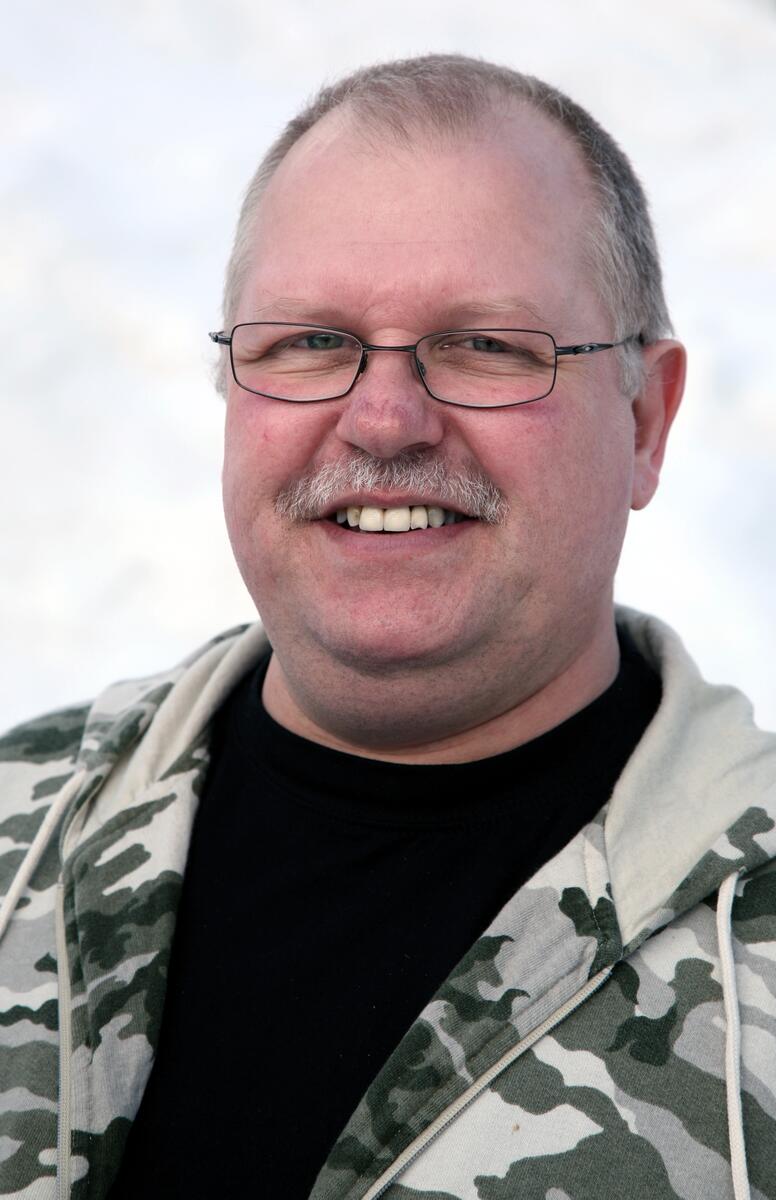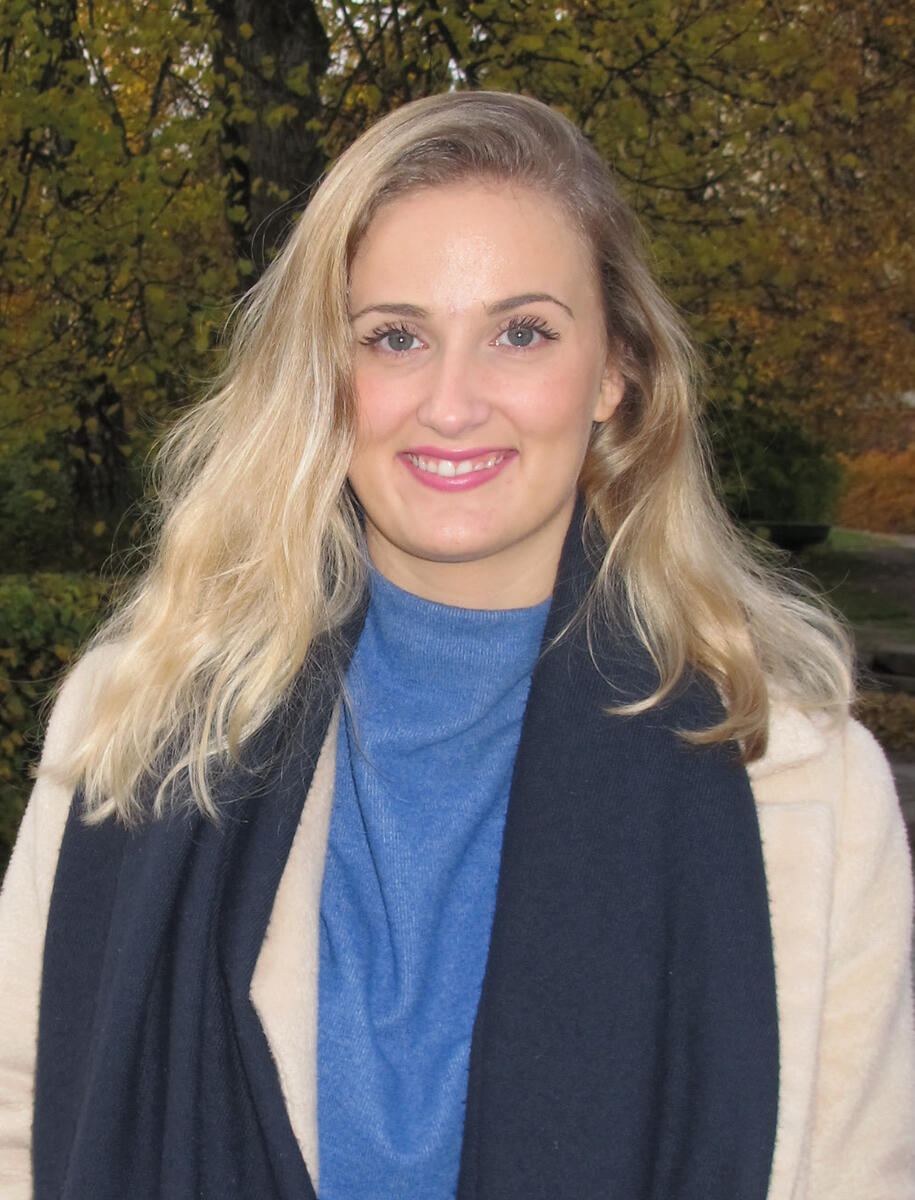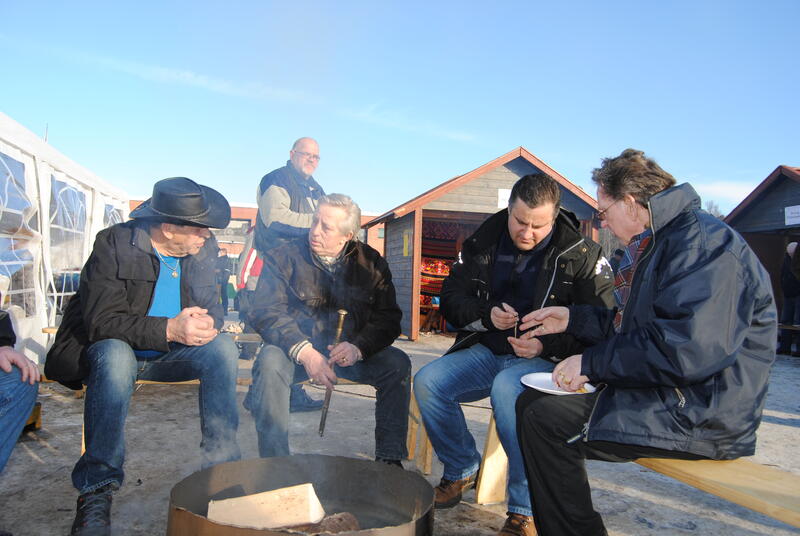Liv Andersen (1956-2013)
"It’s funny, when I walk into a shop, for instance, I always know if there are others of my people present. There’s just something there, in the eyes, a wariness. Restlessness is a trait we share; we always want to travel. The sense of freedom is something we value greatly. Property means nothing to me, although I do appreciate having my own house, a place to rest up. We only travel in the summer now. While others talk about going to their cabin in the mountains, we talk about our caravan.
Even today I feel that we travellers are of a different cultural background. We have more respect for our elders. We often visit each other. And we never have to phone first to check if it’s a good time; the hospitality is great. I have many wishes for our people. One of these is education. We need people with education in every discipline. It’s important that young people are trained in craftmanship, music and language, so that they may carry our traditions and our culture forward, but we also need people in other professions: to work in museums, where our culture and history is presented, but also in local government and the ministries, so that our people are represented in places where decisions that matter to us are made. If you lack education today, you don’t have a leg to stand on!"
Trygve Johs. Andreassen (1948-2008)
"Through music and language, I learned about our culture from a young age. It’s important now that we keep all this alive. Culture is more than craftmanship and music. It’s also about how we behave towards one another. Honouring our mother and father is important to us. From a young age we learned manners. It was important that we did not bring shame on our community. The loyalty to our people, our family in particular, is strong. This is perhaps what I value most about our culture.
Regarding our future, the section at the Glomdal Museum devoted to us is an important step in the right direction. It will help spread awareness and make the Romani people visible. I think this will be conducive to integration, in part because we gain visibility, but also because many of the prejudices against us will disappear. If no awareness is raised about us, no one will know who we are. How can we demand proper treatment then? The most important thing now is that there is a place for us in a multicultural society. We are organised now, and we are in many respects on our way to rebuilding our culture."
Veronica Akselsen (1986)
"No matter how hard people have tried to eradicate our culture, we’ve managed to hold on to it. We are a strong people, with much love and happiness. I’m very attached to my family, and I love being out travelling with them in the summer. It’s the best thing there is. I can’t imagine any other life.
I live like most young people: I have a driver’s licence, a car, and a family. At the same time, I feel that I’m more tightly tied to my family than is the case for other young people, and that I have a cultural heritage to pass on. I adore the traditional music that my father performs. My father and I have recorded an album with the old songs.
I now want to play more modern music, but at the same time I’ve learned the traditional songs and will pass them on. Music is my greatest passion. Today, our people are in a good position, although there might be a danger of us forgetting our past. It’s important that we remember those who came before us. Thanks to them, we’ll have a better future. The exhibition at the Glomdal Museum is important because here people can gain awareness of our culture first-hand. Through the exhibition, they get the opportunity to experience some of our culture."
Tom Dag Bredesen (1959)
"Passing on what we are born with is important. A big part of it is being conscious of our history. We have always been a persecuted people. Although I have not experienced it myself, it’s a feeling that is deeply rooted in me.
One of the most important things we have left is our tight family bonds. When I grew up, my father was my best friend. He was an industrial worker, and I remember well the day he had to stop working and went on welfare. He carried on as a sort of social worker to our people. He went about helping elderly Travellers, doing odd jobs for them. This is very typical of our people, the helpfulness and sense of community.
The museum is important to the people. To me it’s about the opportunity of showing what sort of people we are, without facing criticism. Fortunately, it’s become a great deal easier to say that one is of Romani descent. People lead different lives today; some keep the old ways alive by travelling around as merchants in the summer."
Sara Wilhelmsen (1997)
"I’m one-half Tater and the other ‘buro’ and grew up in Molde and in Flisa. I’ve travelled a lot between these two places. When I was five years old, my parents divorced, and my sister and I moved to Molde with our mum. Dad would often come to Molde to pick us up and drive us to Flisa, where he and my grandparents lived. That way, my sister and I kept in touch with both sides of the family. My father’s father, Karl, or ‘father’ as I call him, has told me many stories about being a Tater in the old days. For instance, how he was not allowed to buy a plot of land because he was of Tater descent. Nobody wanted a Tater neighbour back then.
For the past four years, I’ve worked on a play about our people. It’s about my great-great-grandmother Milla, or ‘Tater Milla’, as she was called. The pride I feel about being a Tater has been a part of me since I was a little girl, and it’s a large part of my identity. Freedom is important to me, and I recognise the characteristic Tater restlessness. Working on the play and diving into history led to my finding pieces of myself along the way. The play is called Se min ild (‘See my fire’) and came about because of my burning desire to shed light on the positive and unknown parts of our culture.
The most important thing I learned about our people is that we know how to survive. People have tried to erase Tater culture for so many years and in so many ways, but we’re still here. The ability to survive is just innate in us, I think. It made me realise that we’re not victims but survivors.
I’ve spent a lot of time worrying about the future, but I also know how good the Tater people are at adapting and finding new solutions. I believe it’s important to actively pursue the preservation and transmission of our culture and history, while at the same time keeping some secrets."
